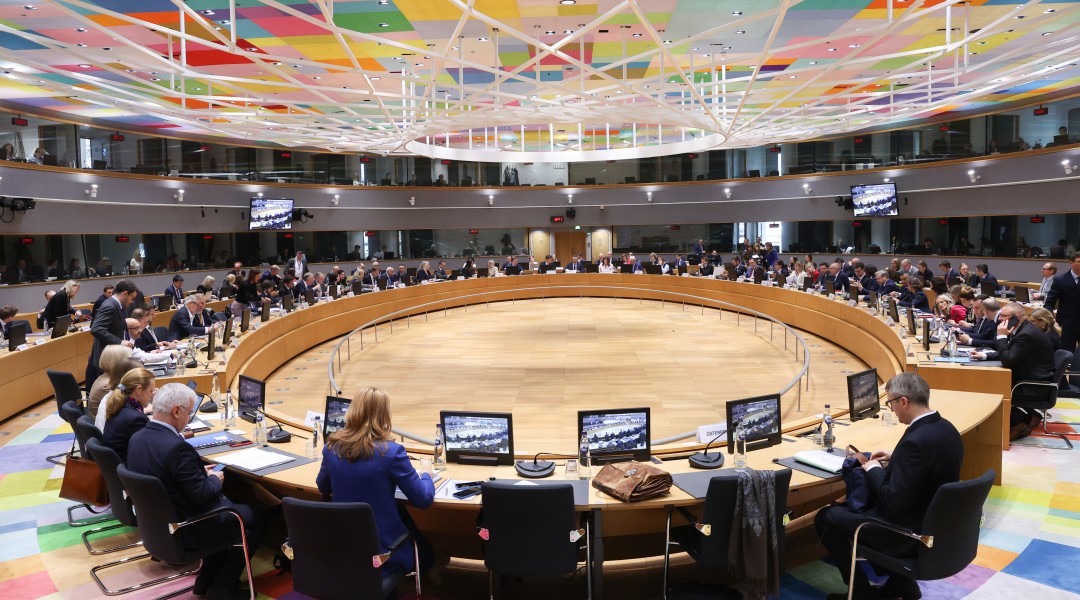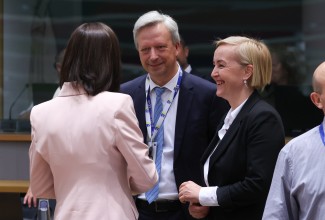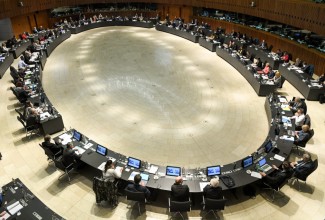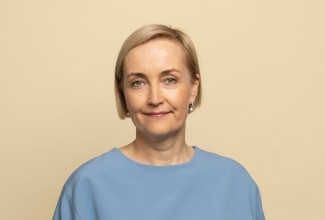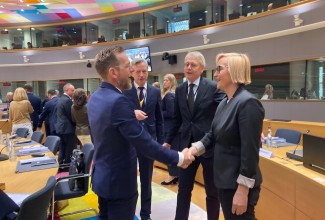Minister Kallas emphasized that European research and innovation policy should support the potential of all Member States, not only that of the larger and wealthier countries.
"European research and innovation must be accessible to all – not just to the larger countries and established centres of excellence. Estonia’s experience demonstrates that small countries can make a significant contribution when opportunities are distributed fairly. Diversity is Europe’s strength, but it requires us to invest in growing research and innovation capacity where it is needed most. This is not only fair, but a smart strategy if we aim to enhance Europe's competitiveness and autonomy,” Kallas explained.
The agenda also includes the adoption of conclusions on the ethical and human-centric use of artificial intelligence in science and the endorsement of recommendations for the next three-year action plan of the European Research Area.
During an informal lunch, ministers will discuss how to make Europe more attractive to young researchers and scientific talent from around the world. Maria Leptin, President of the European Research Council, will deliver a guest address.
As part of her visit, Minister Kallas will also hold bilateral meetings with Christina Egelund, Denmark’s Minister for Higher Education and Science, and with Ekaterina Zaharieva, the EU Commissioner for Start-ups, Science and Innovation. The discussions will focus on Estonia’s proposals and expectations regarding the next EU Framework Programme for Research and Innovation (FP10).
